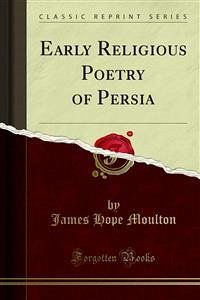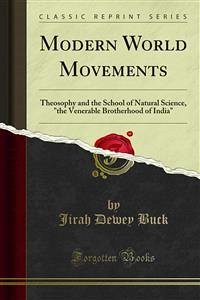Luther's transformational idea of justification by faith alone was often misunderstood and misrepresented in the early years of the Reformation. In 1520, with his Wittenberg congregation in mind, Luther set out to clarify the biblical foundation of good works. In doing so he recast the very definitions of "sacred" and "secular" both for his own generation and ours. Treatise on Good Works is the second of an occasional series of guides to key Reformation treatises by Martin Luther. Aimed at increasing understanding and interest among contemporary readers, these slim, affordable volumes feature new translations and a range of helpful features. The truest and most elegant portion of Luther's Treatise on Good Works is the early section during which he argues for Faith as the "First and highest of all good works." Luther does not argue for Faith as the only important element of a life of faith, as some interpret. Rather, he illustrates that faith must be the foundation and source of every other work. The best paragraph, in my opinion, is this one: "This we may see in a common human example. When a man and a woman love and are pleased with each other, and thoroughly believe in their love, who teaches them how they are to behave, what they are to do, leave undone, say, not say, think? Confidence alone teaches them all this, and more. They make no difference in works: they do the great, the long, the much, as gladly as the small, the short, the little, and vice versa; and that too with joyful, peaceful, confident hearts, and each is a free companion of the other. But where there is a doubt, search is made for what is best; then a distinction of works is imagined whereby a man may win favor; and yet he goes about it with a heavy heart, and great disrelish; he is, as it were, taken captive, more than half in despair, and often makes a fool of himself."
Bitte wählen Sie Ihr Anliegen aus.
Rechnungen
Retourenschein anfordern
Bestellstatus
Storno









